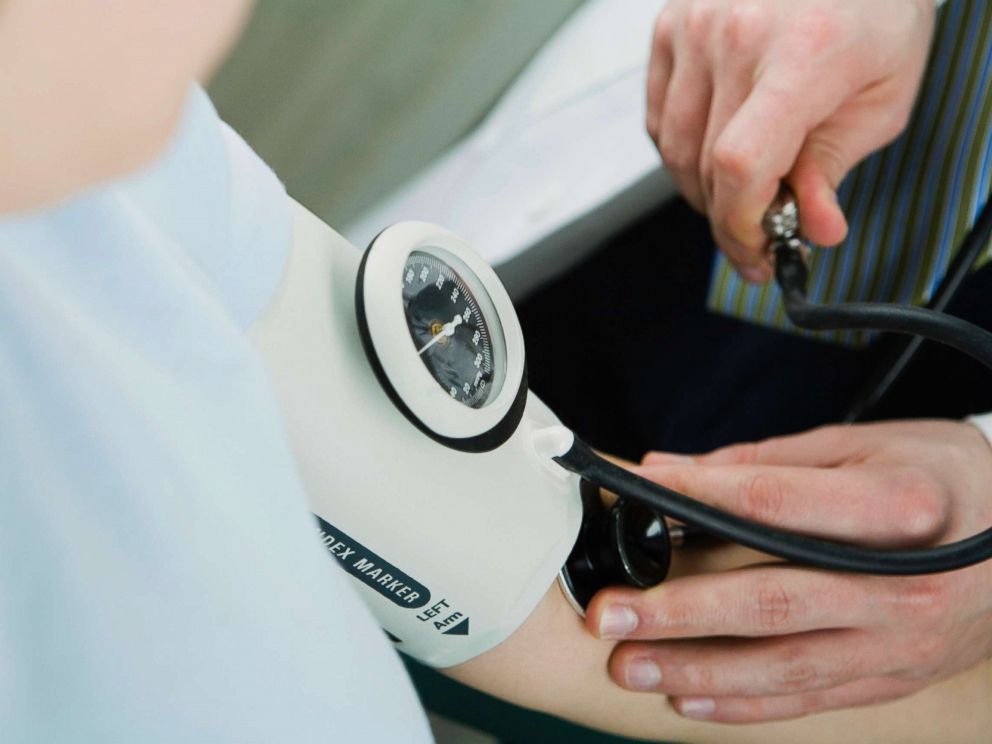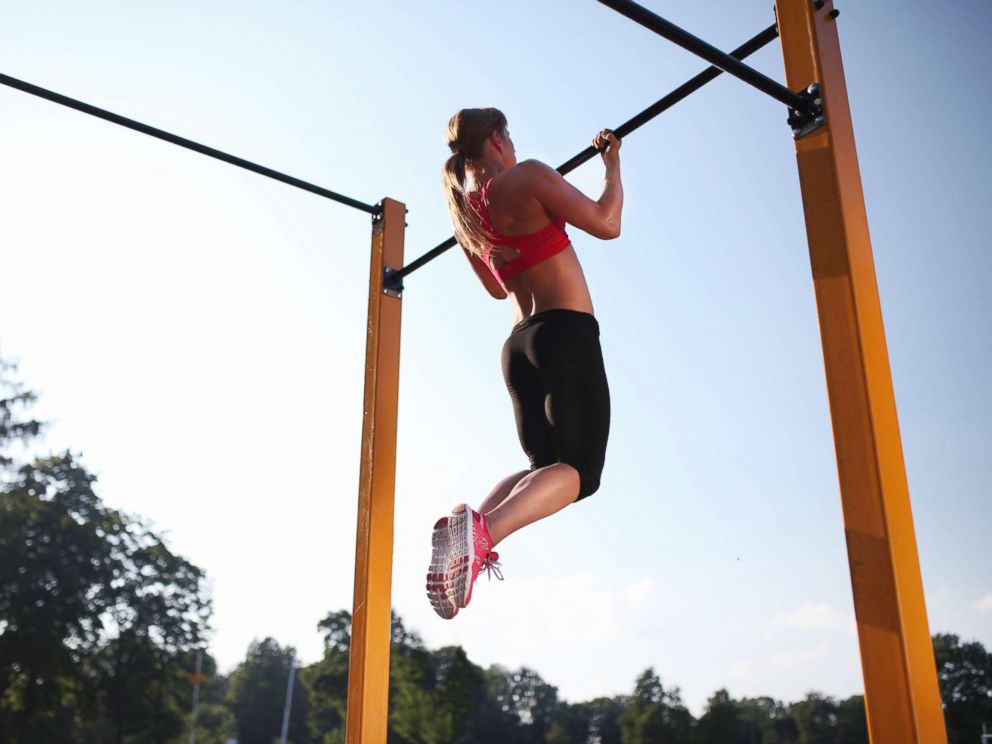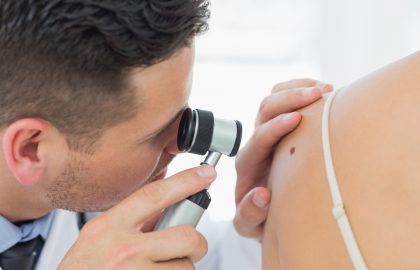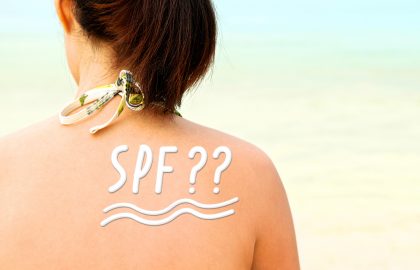How to lower your blood pressure without medication
WATCH How to lower blood pressure without medication
The new recommendations on blood pressure from the American Heart Association (AHA) will significantly increase the number of Americans diagnosed with hypertension, particularly in younger age groups.
The number of adult women under 45 with the diagnosis will double, while the number of adult men under 45 will triple. The number of Americans that are recommended medical treatment will only increase slightly.
The AHA recommends “lifestyle modification” as a first line treatment. However, it is not always clear to patients which lifestyle modifications are the most effective. The below descriptions summarize which lifestyle modifications are recommended by the AHA, based on the latest available research.
 Stock Photo/Getty Images
Stock Photo/Getty ImagesMore than 103 million Americans will have high blood pressure under new guidelines
Diet changes
The single intervention with the greatest documented effect on blood pressure is the “DASH” diet, a well-studied diet that encourages fruits, vegetables and whole grains, and discourages foods high in saturated and total fats. Research shows that this diet can lower systolic blood pressure (the top number) by approximately 11 mmHg. In addition, the guidelines recommend low-sodium diets (goal less than 1,500 mg per day, with the best effects seen at less than 1,000 mg per day), and diets rich in potassium (dried apricots, avocado, salmon, green leafy veggies and bananas). Low sodium and high potassium diets can lower systolic blood pressure by approximately 4-6 mmHg.
Weight loss
Losing weight improves health and well being in many capacities, but exactly how much to lose may be different for everyone. For those over 5 feet tall, an “ideal body weight” can actually be calculated mathematically. These numbers will change based on how tall you are, and the calculations are different for men and women. Formulating an individualized numerical goal in this way can help people reach a healthy body mass index.
A normal, healthy BMI between 18.5 and 24.9 may be a good long-term goal, but in order to get there most physicians recommend losing 1 kilogram (or about 2.2 lbs.) at a time. The average American can expect a 1 mmHg drop in systolic blood pressure for every 1 kilogram reduction in body weight.
Exercise
Aerobic exercise yields the most benefit in lowering blood pressure. What constitutes enough? The experts say 90-150 minutes per week with heart rates up to 65-75 percent of one's heart rate. For strength training, the AHA recommends dynamic and isometric resistance exercises.
Dynamic exercise is any exercise that involves joint movement, such as bicep curls, tricep dips or squats.
 Stock Photo/Getty Images
Stock Photo/Getty ImagesIsometric exercise is typically done against immovable objects and includes planks, wall-sits and boat pose.
Experts say weight training should be done three times per week and benefits are usually seen after 8-10 weeks of practicing.
All of the above activities were seen to benefit people with hypertension with studies indicating a decrease of systolic blood pressures of approximately 4-8 mmHg.
Alcohol consumption
For drinkers, limiting the amount of alcohol consumed has a beneficial impact on blood pressure. Studies find that drinking in moderation lowers systolic blood pressure by up to 4 mmHg. For men, AHA recommends drinking less than or up to two drinks daily, and for women only up to one drink daily. In fact, decreasing alcohol intake even proved to reduce blood pressure in patients who had not been diagnosed with hypertension yet.
Consult with a health care professional
While the above recommendations can change blood pressure for a large share of those with hypertension, there are still millions of Americans for whom lifestyle modifications are not enough. Consult with your health care professional to see which intervention, medication or otherwise, is right for you.
- Star






